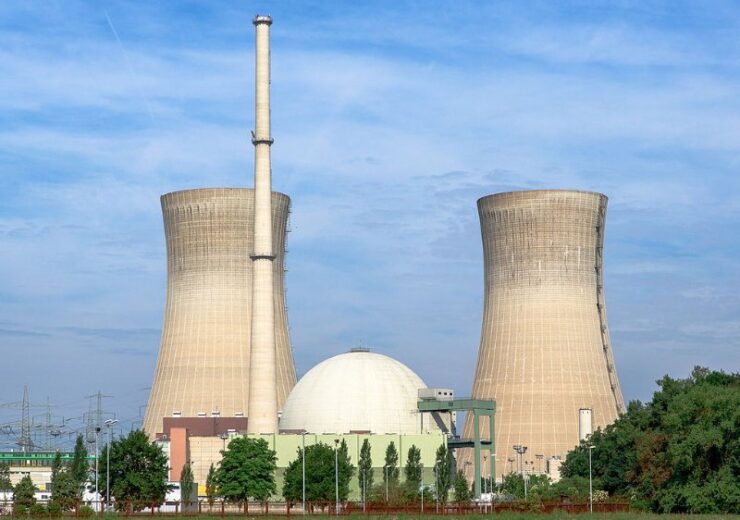The Export-Import Bank of the United States (EXIM) and U.S. Department of State announced a suite of EXIM financial tools to support small modular reactor (SMR) deployments

A nuclear power plant. Image Representative. (Credit: Avda/ commons.wikimedia.org)
During the UN Climate Change Conference in Dubai, United Arab Emirates (COP28), US Under Secretary of State for Arms Control and International Security, Bonnie Jenkins, and Chair of the US Export-Import Bank, Reta Jo Lewis, unveiled significant initiatives aimed at enhancing the availability of a reliable and secure nuclear energy supply.
Responding to the considerable global interest in deploying US small modular reactor (SMR) nuclear energy systems to advance crucial climate and energy security objectives, the Export-Import Bank of the United States (EXIM) and the US Department of State have unveiled a comprehensive suite of financial tools. These tools are designed to bolster SMR deployments and empower USa exporters to effectively compete in the international market.
On 30 November 2023, the EXIM Board of Directors endorsed a Resolution in Support of SMR export financings. This resolution establishes a robust and competitive set of export finance tools tailored for qualifying transactions. These tools aim to facilitate the export of secure and safe US SMR designs, providing potential clients with substantial, flexible financing options to transform projects from concept to reality.
In a concurrent announcement, the US, in collaboration with Canada, Japan, France, and the UK, collectively known as the “Sapporo 5,” has declared their shared commitment to advancing the widespread adoption of zero-carbon, peaceful nuclear energy. This commitment involves an expansion of nuclear fuel production capacity across reliable, high-quality suppliers that are insulated from manipulation and external influence.
The Sapporo 5 nations have articulated their objective to mobilize a minimum of $4.2bn in combined government-led and private investments over the next three years. This investment is earmarked for enhancing enrichment and conversion capacity within these nations. The ultimate aim is to attract additional private sector financing. The Sapporo 5 also extends an invitation to like-minded nations to join forces in safeguarding the global uranium supply chain.
The US, in alignment with this initiative, underscores its dedication to supporting all clean energy technologies, including nuclear power. This commitment is integral to driving global decarbonisation efforts and extending energy security and independence to partner nations across the globe.
